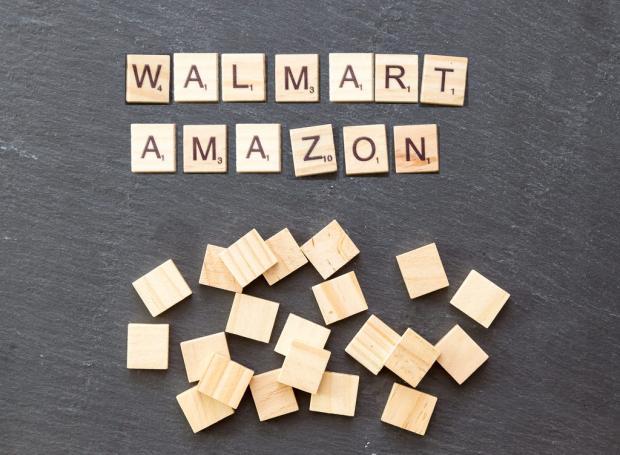While the dotcom era was all about small exciting tech startups, 2017 was possibly the year when getting bigger became truly better. It was also a year when competitors decided that imitation was the best form of offence. So Facebook (FB – Free Report) adopted some of Snap Inc.’s (SNAP – Free Report) Snapchat’s best features. Also, Microsoft Corporation (MSFT – Free Report) entered Apple Inc.’s (AAPL – Free Report) arena and Alphabet Inc. (GOOGL – Free Report) ventured into creating its own line of products.
But a single deal stands out amongst all of this year’s apparently unrelated diversification moves. Amazon.com, Inc.’s (AMZN – Free Report) $13.7 billion buyout of Whole Foods is a development that has changed the retail landscape for good. And looking at its fallout, it’s safe to say that it is likely to transform vast swathes of the entire economy.

Transformational Move or Hidden Acknowledgement?
Immediately after taking over Whole Foods, Amazon triggered a price war by cutting prices. Smaller competitors like The Kroger Co. (KR – Free Report) had to follow suit in the wake of falling share prices. Amazon has also indicated that its Prime Members may receive further discounts, a move which is likely to set off an intense price war.
And it didn’t stop there. The likes of Target Corporation (TGT – Free Report) are hurrying to enter into agreements which will allow their customers to shop using Google’s Express platform, a move aimed at countering Amazon’s Echo line of products. Moreover, grocery delivery startups are now suddenly in vogue with Target snagging Shipt for $550 million.

But was the Whole Foods deal simply Amazon’s way of conceding that it needs to become more and more of a large format retailer like Wal-Mart Stores, Inc. (WMT – Free Report) ? Surely Amazon’s efforts to develop an online-offline model mimic the Wal-Mart success story in more way than one. Incidentally, both Amazon and Wal-Mart have had a banner year at the bourses, surging by 58.3% and 42.9% year to date.













Leave A Comment